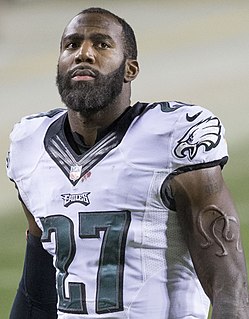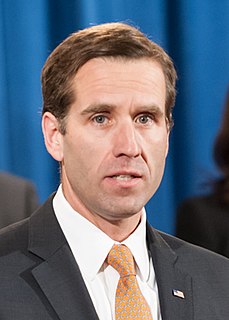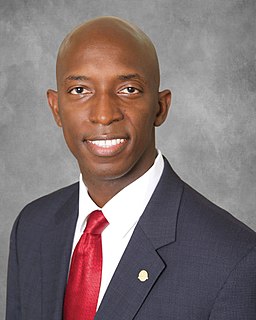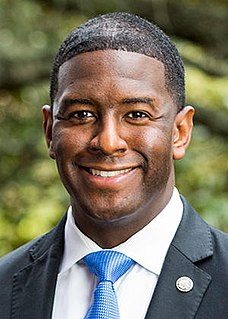A Quote by Raymond Kelly
The stark reality is that crime happens in communities of color.
Quote Topics
Related Quotes
Liberals believe that crime is inextricably linked with poverty. In reality, most poor people never resort to crime, and some wealthy people commit evil acts to enrich themselves further. Harlem, East Los Angeles, the South side of Chicago are not the poorest communities in the United States. According to a new U.S. Bureau of the Census report, the poorest communities are Shannon County, South Dakota, followed by Starr, Texas, and Tunica, Mississippi. Have you ever heard of these residents rioting to protest their living conditions?
Tonight, I propose a 21st Century Crime Bill to deploy the latest technologies and tactics to make our communities even safer. Our balanced budget will help put up to 50,000 more police on the street in the areas hardest hit by crime, and then to equip them with new tools from crime-mapping computers to digital mug shots. We must break the deadly cycle of drugs and crime.


































